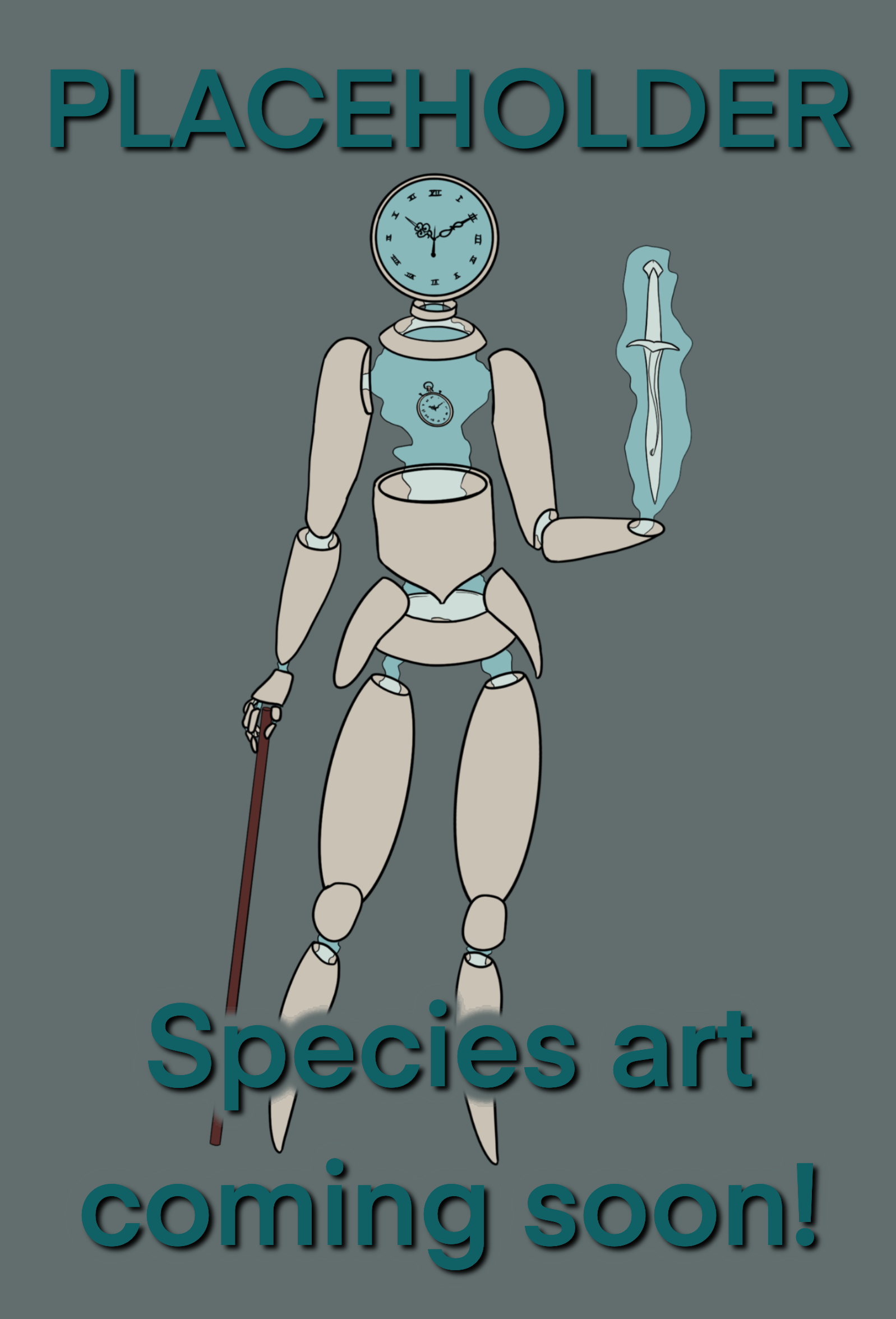Muscarian
It appears this article is a stub! Alert the author if you'd like to see it expanded.
This article is a work in progress! Expect more content to be added.
This article was created for my Species-A-Day project for 2024! Read more here!
Muscarians are one of two species living in the mycelium forests, with a bright, social culture and unwavering loyalty to and belief in one another. To the muscarians, if an individual is struggling, it is not their own failing, but the failing of the society around them. They believe that they must uplift one another in order to reach true success. They are at odds with the atramentarians, who are more isolationist and individualist. Muscarians are known for being kind, welcoming, and supportive, both to their own and to outsiders, and hold the strong belief that all individuals are equal.
Anatomy
Muscarians are shorter sapients, typically only reaching up to three feet in height. They have 'caps' atop their heads, wide hat-like domes with a bright red colouring, with small white dots across it. Below this cap is a 'ring', a thin veil-like part of their bodies that ends just above their eyes, though particularly long ones can cover the eyes entirely. The ring can be trimmed without harming the muscarian or causing any pain, and often must be done to prevent it from blocking vision. Muscarians have wide, black eyes that are proportionally larger in comparison to their faces than most other species. They have short limbs emerging from their sides that they can extend or retract, and they have four cone-shaped legs that they use to move.Civilization and Culture
Gender Ideals
Muscarians, though they do sometimes refer to themselves with gendered terms, have a looser connection to gender than most cultures. To them, gender is simply a method of self-expression, and does not fit into the neat boxes that some like to put them in. They don't put words to their gender experiences, strongly believing that every individual experiences gender their own way. As such, all gender terms in the muscarians' language are loan words from other languages.
Major Language Groups and Dialects
Muscarians speak a language known as Agaric, which incorporates both spoken phonemes as well as spores selectively released during speech. They can emit sound from anywhere on their bodies, and are skilled ventriloquists - able to project their voices to sound as though they are coming from different places.





Awww, I love them. I love the idea of tension with the atramentarians because their ideals are just so different.
Explore Etrea | March of 31 Tales
i'm glad you love them! :D